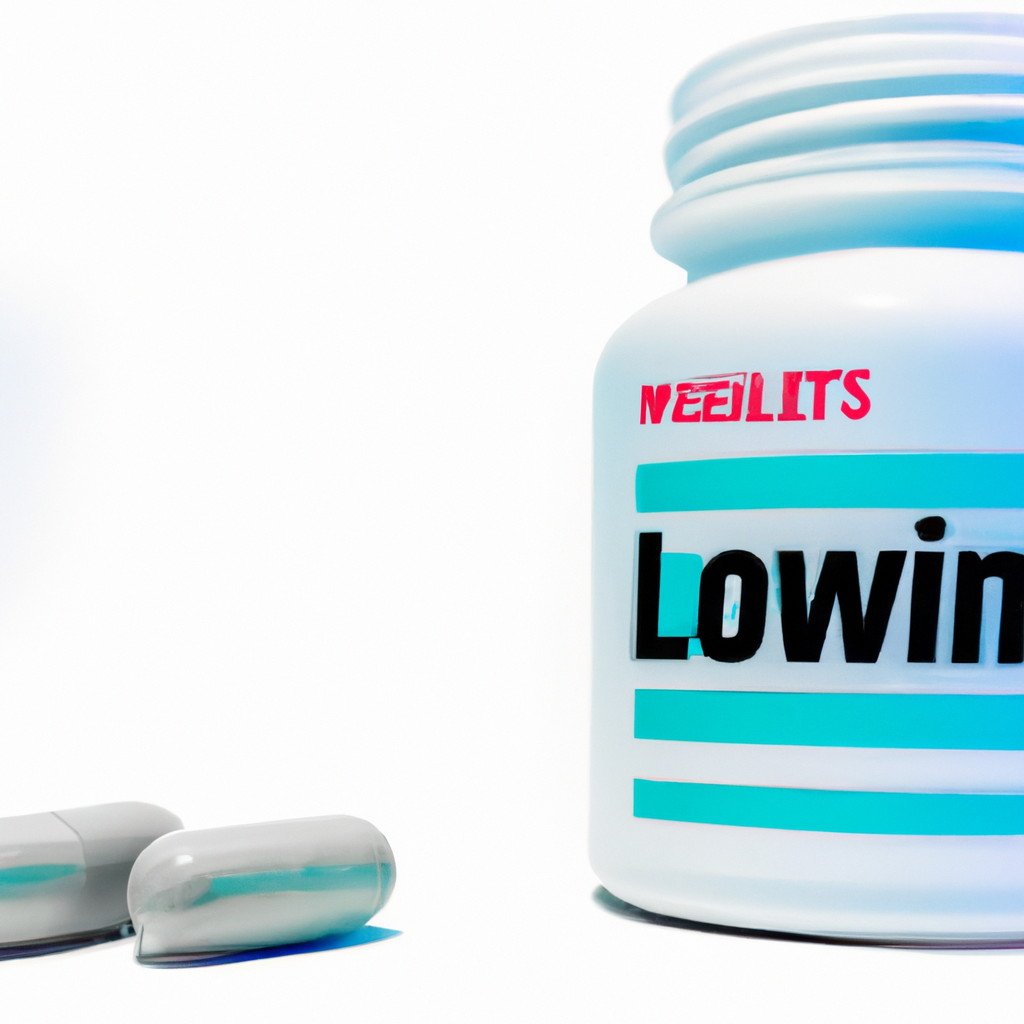Shares of Novo Nordisk and Eli Lilly dropped after Swiss pharmaceutical giant Roche announced positive results for its experimental weight loss pill.
Roche revealed early Wednesday that its weight loss pill CT-996 enabled patients to shed an average of 7.3% of their weight after four weeks in an ongoing early-stage trial.
“We are pleased to observe clinically meaningful weight loss in people treated with our oral GLP-1 therapy CT-996, which could eventually help patients manage both chronic weight and glycaemic control,” said Roche’s chief medical officer Levi Garraway in a press release.
Following the announcement, Roche shares surged 6%, while Novo Nordisk and Eli Lilly stocks fell 4% and 3%, respectively.
Roche is among several pharmaceutical companies striving to disrupt the current weight loss drug duopoly dominated by Novo Nordisk, the maker of Ozempic and Wegovy, and Eli Lilly, the manufacturer of Zepbound. Morgan Stanley analysts predict the global market for GLP-1 treatments could reach $105 billion by 2030.
Roche joined the competition earlier this year by acquiring Carmot Therapeutics for $2.7 billion, which included CT-996 and other weight loss drug candidates. In May, Roche reported that patients using CT-388, a weekly injection, lost an average of 18.8% of their weight after 24 weeks.
Several other pharmaceutical firms, including Novo Nordisk and Eli Lilly, are also working on oral GLP-1 drugs. These weight loss pills have the potential to attract individuals who prefer not to use injections and help mitigate current supply constraints.
Novo Nordisk’s Amycretin demonstrated an average weight loss of 13% over 12 weeks in an early-stage trial. Eli Lilly’s Orforglipron helped users lose nearly 15% of their weight after 36 weeks in a phase 2 trial. Additionally, a small clinical study found that patients taking a daily dose of Structure Therapeutics’ experimental weight loss pill GSBR-1290 experienced a placebo-adjusted average weight loss of 6.2% after 12 weeks.
